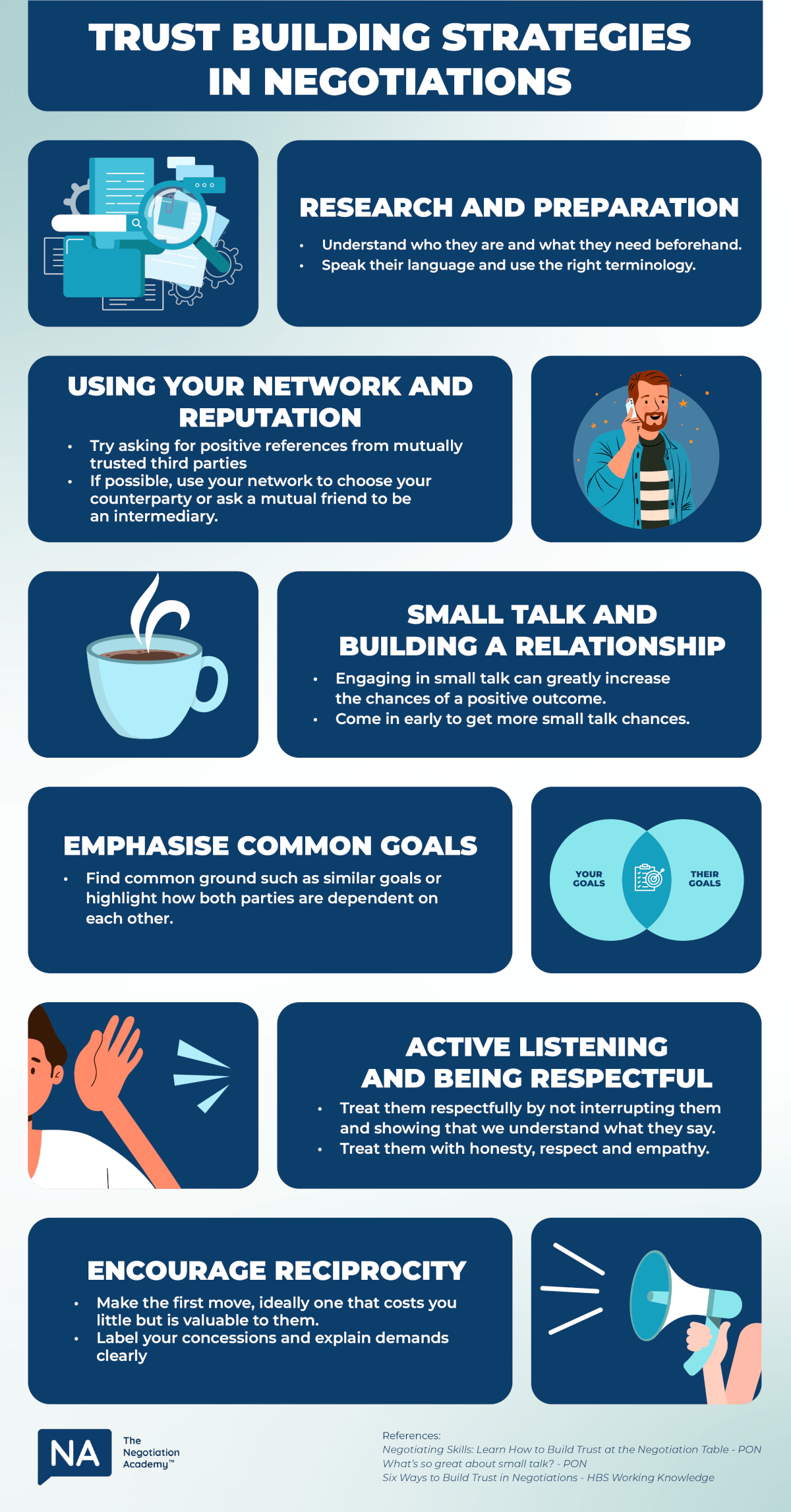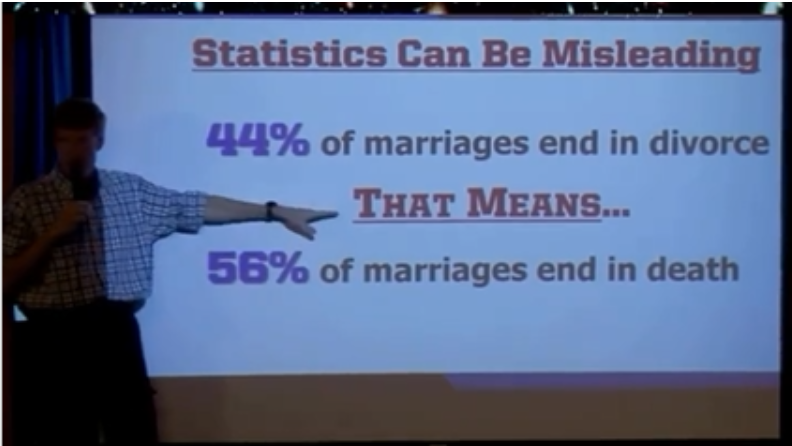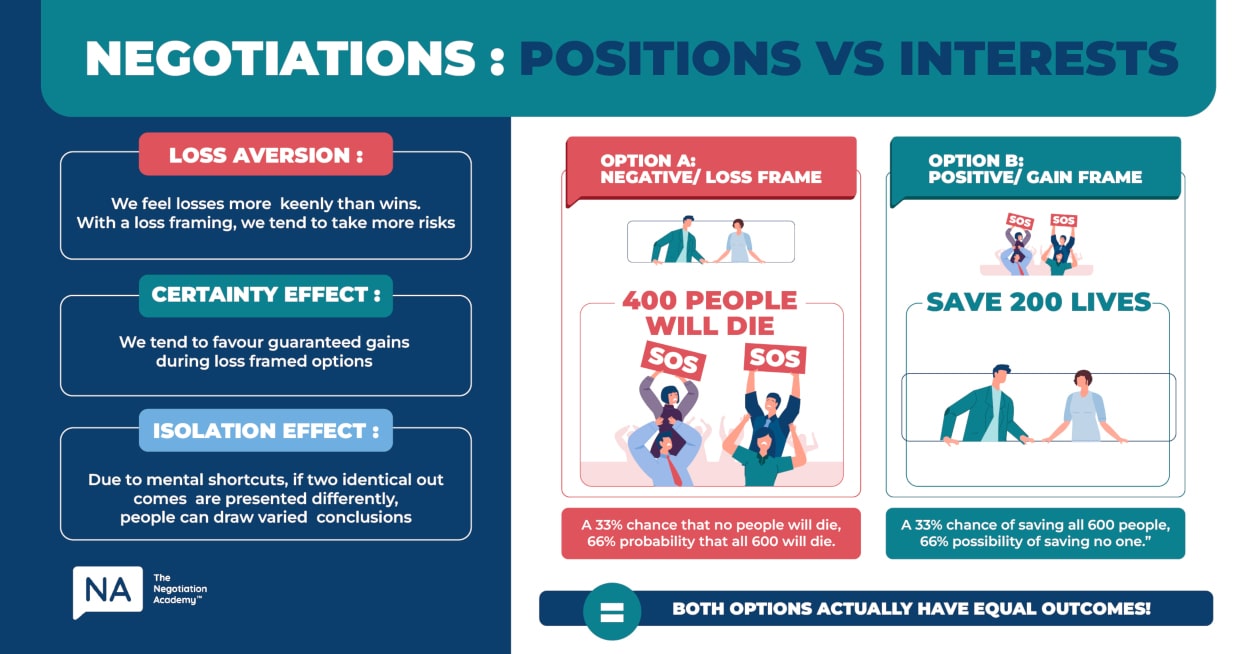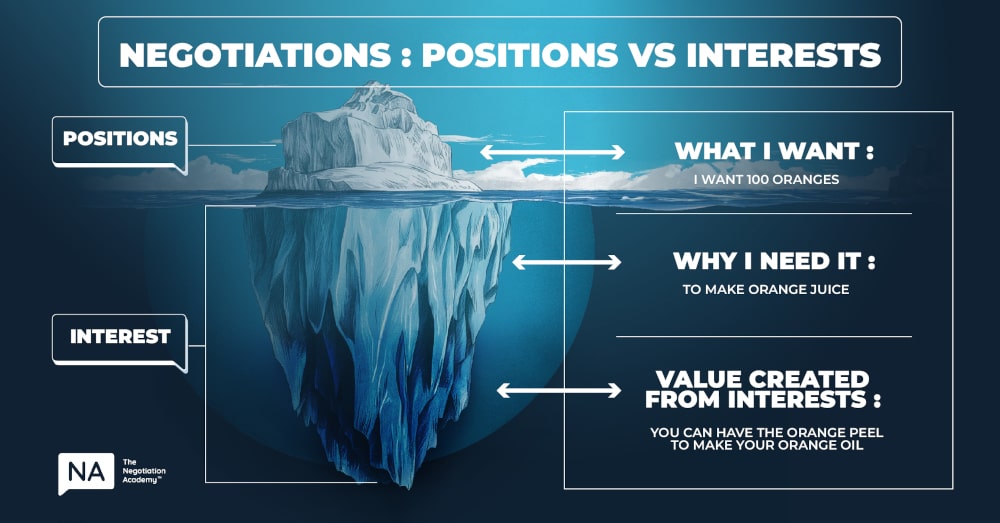
Has a grouchy waiter ever served you before?
You still get your food and pay your bill, but the whole experience is ruined.
But that’s the thing about human interactions, including negotiations: a person’s attitude can change things for the better or worse.
But does a positive attitude in negotiations make a difference? Research has shown that it does!
The Power of Positive Attitude in Negotiation
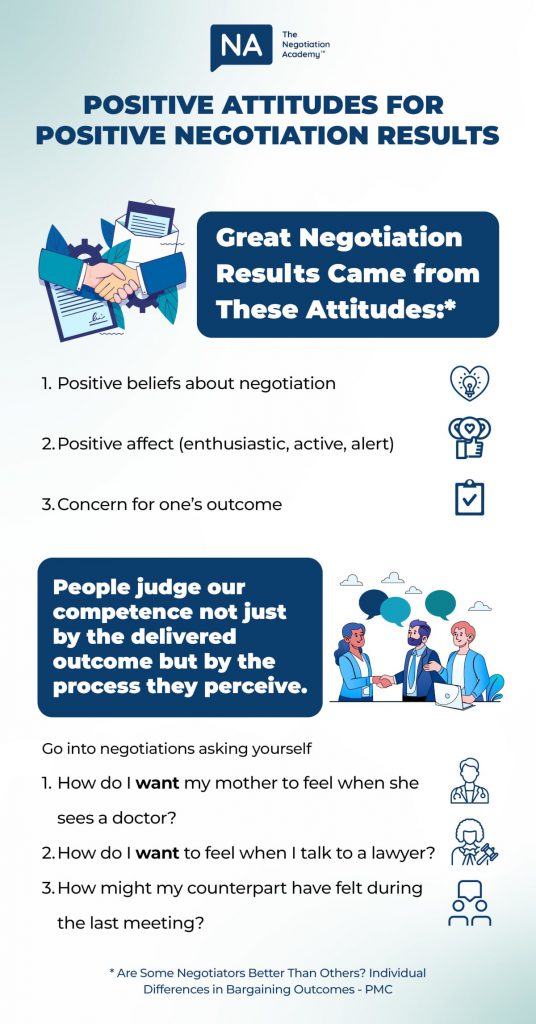
The Elfenbein Study Says These Attitudes Improve Your Negotiation Outcomes
- Positive beliefs about negotiation
- Positive affect (basically a generally positive outlook on life)
- Concern for one’s outcome
In a study by Elfenbein et al1, they found that people with these three attitudes tended to do better in negotiations.
Those who had positive beliefs about negotiation and a generally positive attitude from the study appeared to be better at claiming value from the negotiation, or as the study puts it:
“This means that positive affect and positive beliefs allowed negotiators to influence their counterpart and capture a greater proportion of the pool of resources over which they negotiated.”
Negotiators who were more concerned about their outcomes tended to create more value via logrolling. The study said “This means that such concern allowed negotiators to uncover opportunities to make mutually rewarding tradeoffs, and to convince others to yield resources.”
Exploring “More for Myself” Instead of “More for Me and Less for You” Thinking
You may not always need a collaborative mindset in order to create more value at a negotiation. We simply need to focus more on growing the slice of the pie that we walk away with instead of focusing on reducing our counterparty’s share.
At the end of the day in a negotiation, while win-win mindsets help to grow the pie, the end state still requires bargaining for how big a slice you receive. What we want to avoid is combative, win-lose bargaining that can drag out negotiations and lead to sub-optimal outcomes.
“How Would You Treat Your Mother?”
How we perceive our counterparty also really matters in negotiations. Coming back to the ‘waiter’ example we started with, a famous quote from Maya Angelou captures this sentiment well:
“People will forget what you said, people will forget what you did, but people will never forget how you made them feel.” – Maya Angelou
In negotiations, how we treat the other party can be as important as the final outcome because we still need to reach an agreement with them in the end.
So before we walk into meet our counterparty, it helps to ask:
- How do I want my mother to feel when she goes to a doctor?
- How do I want to feel when I talk to a lawyer?
- How might my counterpart have felt during the last meeting?
“Negotiation Can Be Learned”
Some people believe that negotiation is an innate talent that some people have and others don’t. But even if they believe themselves to be talented – this mindset can block growth.
Those who believe that negotiation can be learned end up improving their skills, learning principles and frameworks and generally levelling up.
The result? Some of these students end up becoming more effective negotiators than veterans with 20 years of experience! After all, 20 years of using the exact same tactics and strategies isn’t a sign of improvement at all.
Believing that negotiation is a learnable skill will result in much greater long-term negotiation success.2
Want to see this in action? Check out our story of how someone bought an Audi for the price of a Volkswagen.
Negative Attitudes to Avoid
But this post wouldn’t be complete without a list of attitudes to avoid. There are some really good resources that we can share with you in the references, but we’ve compiled a few of the main ones to avoid here:3
- Self-limiting Expectations: When negotiators set low expectations for themselves or the negotiation, we tend to accept suboptimal deals. We may underestimate their ability to influence the other party, resulting in less assertive behavior and less favorable outcomes.
- Ego-Driven Negotiation: Negotiators who focus too much on their own image or on “winning” the negotiation and looking tough. This attitude can prevent us from making necessary concessions, missing out on better positions for our client, or building trust with the other party.
- Comfort Seeking: Negotiators who prioritize comfort over potentially stressful engagement often avoid difficult conversations or decisions. We might agree too quickly to avoid conflict and resist the hard work needed to explore or pursue more beneficial options.
- Inertia, or Laziness: This involves simple laziness, a lack of preparation, or easily surrendering concessions.
- Cavalier Attitudes to Company Money: Negotiators who treat company resources carelessly could lead to overpaying or undervaluing critical aspects of the deal.
- Self-Absorption: Focusing too much on our needs and ignoring the other party’s interests can damage relationships and hinder collaboration. Negotiators who don’t consider the other side’s perspective may struggle to reach mutually beneficial agreements.
- Submissiveness: On the flip side, being overly passive, submissive, want to be liked and are too afraid to speak up in negotiations can lead to missed opportunities and unfavorable deals. A balance of assertiveness and collaboration is key to achieving the best outcomes.
- Drive: The extreme reverse of submissiveness. This could lead to negative behavior like a lack of self-control, the need to dominate, and hyper-competitiveness.
Just like eating healthy and training your body, let’s keep a positive mindset towards negotiation and life in general.
Keep that flame burning and your mind open to learning more about negotiation!
In fact, why not join our online courses and live trainings to test your new-found attitudes out?
Joining one of our courses will put you on par with over 10,000 leading lawyers from Fortune 500 companies to Tier 1 law firms globally, boosting your negotiation skills to new heights.
—
If you enjoyed this content, join our free 10-week Email course on the fundamentals of Collaborative and Competitive Negotiation skills by clicking HERE.
Each week, you will get a bite-size email unpacking some of the most fundamental negotiation concepts that you can apply in your everyday negotiations, along with an insight video and book recommendation to go further in areas you want to learn more about.
References:



